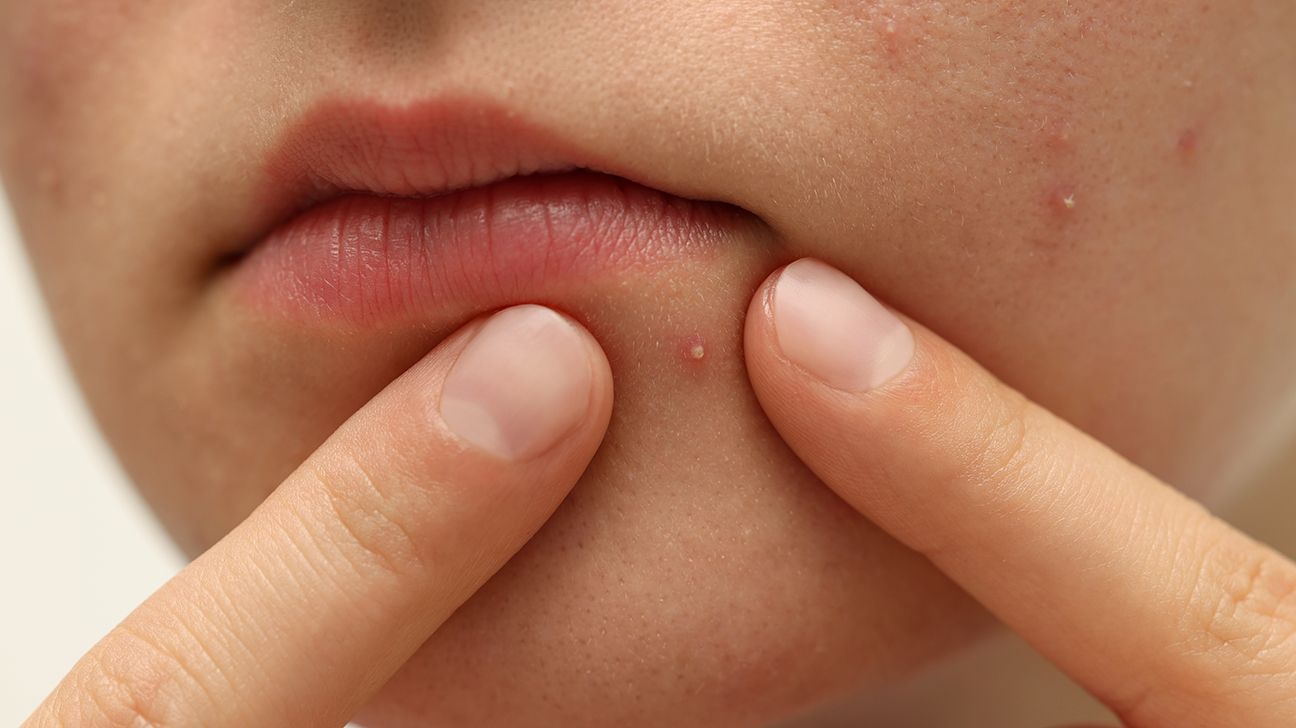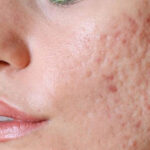Pimples are a common skin concern affecting people of all ages, but recurring breakouts can be frustrating and difficult to manage. Understanding the root causes of persistent acne is essential for effective Pimples Treatment in Dubai. From hormonal imbalances to poor skincare habits, several factors contribute to the reappearance of pimples. This article explores the primary causes of recurring acne and highlights professional treatment approaches to achieve clearer, healthier skin.
Hormonal Imbalances
Hormonal fluctuations are one of the leading causes of recurring pimples. Androgens, such as testosterone, stimulate excess sebum (oil) production, clogging pores and leading to breakouts. This is why teenagers, pregnant women, and individuals with conditions like PCOS often experience persistent acne.

How Doctors Address Hormonal Acne
Dermatologists may recommend hormonal therapies, such as oral contraceptives or anti-androgen medications, to regulate sebum production and prevent future breakouts.
Excess Sebum Production
Overactive sebaceous glands produce too much oil, trapping dead skin cells and bacteria inside pores. This creates an ideal environment for acne-causing bacteria (Cutibacterium acnes) to thrive, leading to inflammation and recurring pimples.
Medical Treatments for Oily Skin
Doctors may prescribe topical retinoids or oral isotretinoin to reduce sebum production and keep pores clear. Professional treatments like chemical peels also help control oiliness.
Bacterial Overgrowth
When pores are clogged, bacteria multiply rapidly, causing redness, swelling, and pus-filled pimples. Poor hygiene, excessive sweating, and touching the face frequently can worsen bacterial acne.
How Dermatologists Treat Bacterial Acne
Antibacterial treatments, such as topical clindamycin or oral antibiotics, are commonly prescribed to eliminate acne-causing bacteria and prevent reinfection.
Dead Skin Cell Buildup
The skin naturally sheds dead cells, but when this process is disrupted, these cells mix with oil and block hair follicles. This leads to blackheads, whiteheads, and inflamed pimples.
Professional Exfoliation Treatments
Dermatologists use medical-grade exfoliants like salicylic acid or glycolic acid peels to remove dead skin cells and promote cell turnover, reducing clogged pores.
Diet and Lifestyle Factors
Certain foods, such as dairy, sugary snacks, and high-glycemic-index foods, can trigger acne in some individuals. Stress and lack of sleep also increase cortisol levels, worsening breakouts.
Medical Guidance on Diet & Acne
While diet alone doesn’t cause acne, dermatologists may suggest dietary adjustments alongside medical treatments to improve skin health.
Improper Skincare Routine
Using harsh products or skipping moisturizer can disrupt the skin barrier, leading to irritation and more breakouts. Over-cleansing strips the skin of natural oils, triggering excess sebum production.
Customized Skincare Plans by Dermatologists
A dermatologist can analyze your skin type and recommend a balanced routine with non-comedogenic products to maintain clear skin.

Benefits of Professional Pimples Treatment
Seeking expert care ensures personalized treatment plans tailored to your skin’s needs. Dermatologists use advanced techniques to target the root cause of acne, preventing future breakouts and improving overall skin health. Unlike over-the-counter products, medical treatments provide long-lasting results with professional supervision.
Conclusion
Recurring Pimples Treatment Dubai can result from various factors, including hormones, bacteria, diet, and genetics. Understanding these causes helps in choosing the right treatment approach. For those struggling with persistent acne, consulting a dermatologist for Pimples Treatment ensures effective, science-backed solutions for clearer, healthier skin.

